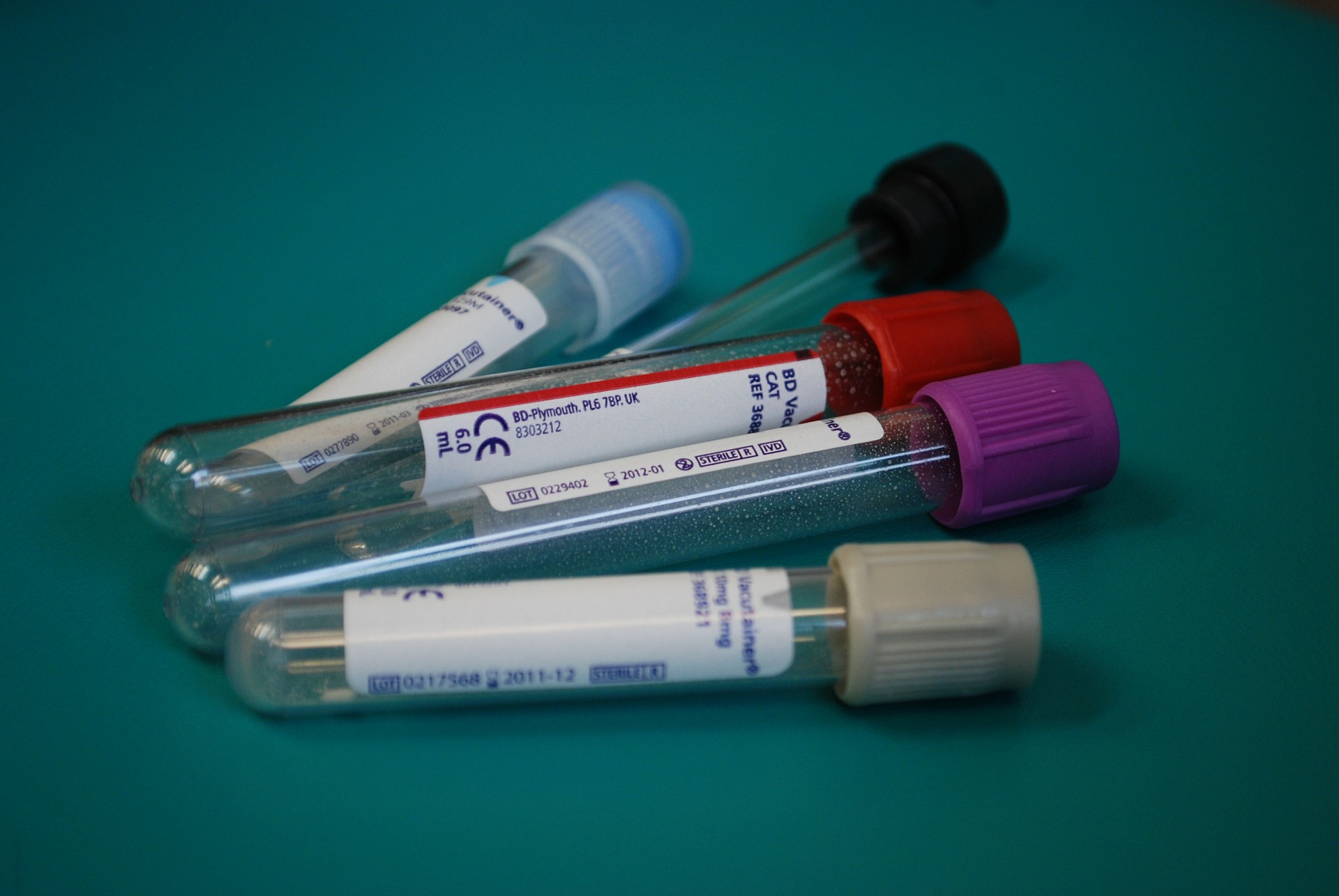Western Australians are being asked to be alert to an increased risk of measles, following confirmed diagnoses in two adults who were infected separately while holidaying overseas – one in Bali and the other in one of three Southeast Asian countries.
The cases may have been infectious to others at:
Perth international airport
a GP surgery
Bentley Hospital B Block
Royal Perth Hospital
And other locations during the past week.
People could potentially have been exposed to measles at the following locations in Perth, with dates/times as indicated below:
Kung Fu Kitchen restaurant in Albany Highway, Cannington
- From around 12.30pm to 1.30pm on Saturday 10 March
Perth Airport international terminal arrival area
- From around 8pm to 9pm on Sunday 11 March, particularly associated with the arrival of Scoot flight TR 16 from Singapore.
Busy Bee Pharmacy on William and James Streets in Northbridge
- Monday 12 March around 12.30pm to 1pm
- Wednesday 14 March around 12.10pm to 12.45 pm
- Friday 16 March around 8.40am to 9.15am.
Queens Park Medical Centre in Wharf St, Queens Park, from:
- around 3pm to 4pm on Monday 12 March
- around 11.15am to 1.15pm on Wednesday 14 March
- around 9.45am to 12 noon on Friday 16 March
Bentley Hospital B Block ground floor and main entrance from:
- around 9:15am to 11am on Tuesday 13 March
- around 2pm to 4pm on Wednesday 14 March
Royal Perth Hospital from:
- 30am until 2.30pm on Saturday 17 March, in and around the Emergency Department
- 2pm on Saturday 17 March until 7.30pm on Monday 19 March, in and around the Acute Care Unit on the 5th floor of Q block.
WA Health Medical Epidemiologist Dr Gary Dowse said public health and hospital staff had been contacting potentially exposed individuals directly where they were known, but it was not possible to identify and specifically warn people who were in public places or were only visiting the implicated hospitals.
“Measles is contagious for about four days before and after the development of the rash. Children and adults who have been unwittingly exposed are at risk of developing measles if they are not immune,” Dr Dowse said.
“A person is considered immune to measles if they have previously received two doses of a measles vaccine or were born before 1966.”
Dr Dowse said individuals who developed a fever with other symptoms – including cough, runny nose, sore red eyes and a rash – within one to three weeks of potential exposure to someone with measles, should stay at home and consult their doctor.
“Anyone who thinks they are infected should call ahead and mention their possible contact with measles so they can be isolated when they arrive at the GP surgery or Emergency Department, to prevent infecting other patients and staff,” Dr Dowse said.
Measles is a serious and highly contagious viral illness spread by tiny droplets released when infected people cough and sneeze.
Early symptoms include fever, cough, runny nose and sore eyes, followed by a red blotchy rash about three days later. The rash usually starts on the face and spreads to the rest of the body. Measles infections can be especially severe in infants and people with poor immune systems.
Complications following measles can be serious and include ear infections and pneumonia in about 10 per cent of cases. Around 40 per cent of cases require hospitalisation and about one person in every 1,000 will develop encephalitis, an inflammation of the brain.
There have been around 50 deaths from measles in the past two years in Europe associated with outbreaks occurring there, serving as a reminder of the seriousness of the disease, even in developed countries.
Naturally occurring measles has been eliminated from WA for about 20 years but occasional cases and small outbreaks occur, associated with tourists or WA residents who are infected overseas.
Every imported measles case is treated as a public health emergency because of the risk of local spread – including to those most vulnerable to infection such as infants too young to be vaccinated, pregnant women and those with compromised immune systems.
Measles vaccine is currently given to children at 12 and 18 months of age. People born during or after 1966 should make sure they have had two documented doses of a measles vaccine at some stage in their life, especially before travelling overseas. If they are not sure if they have been vaccinated in the past, they should see their doctor for a dose before they leave.



































